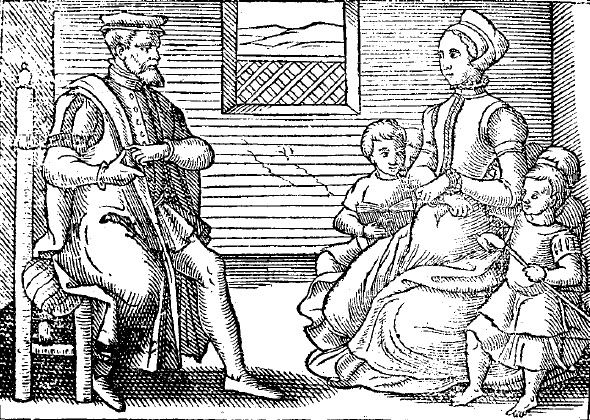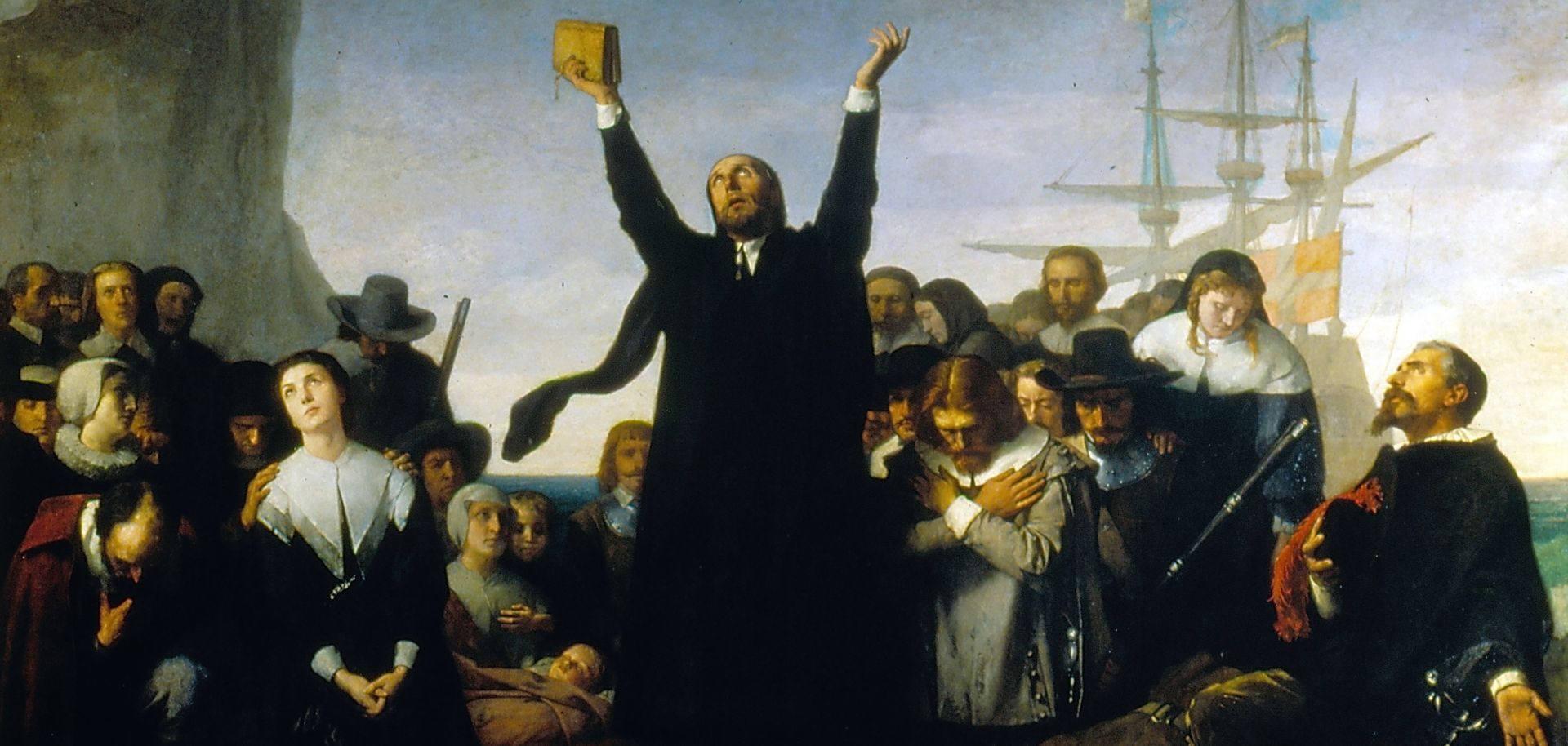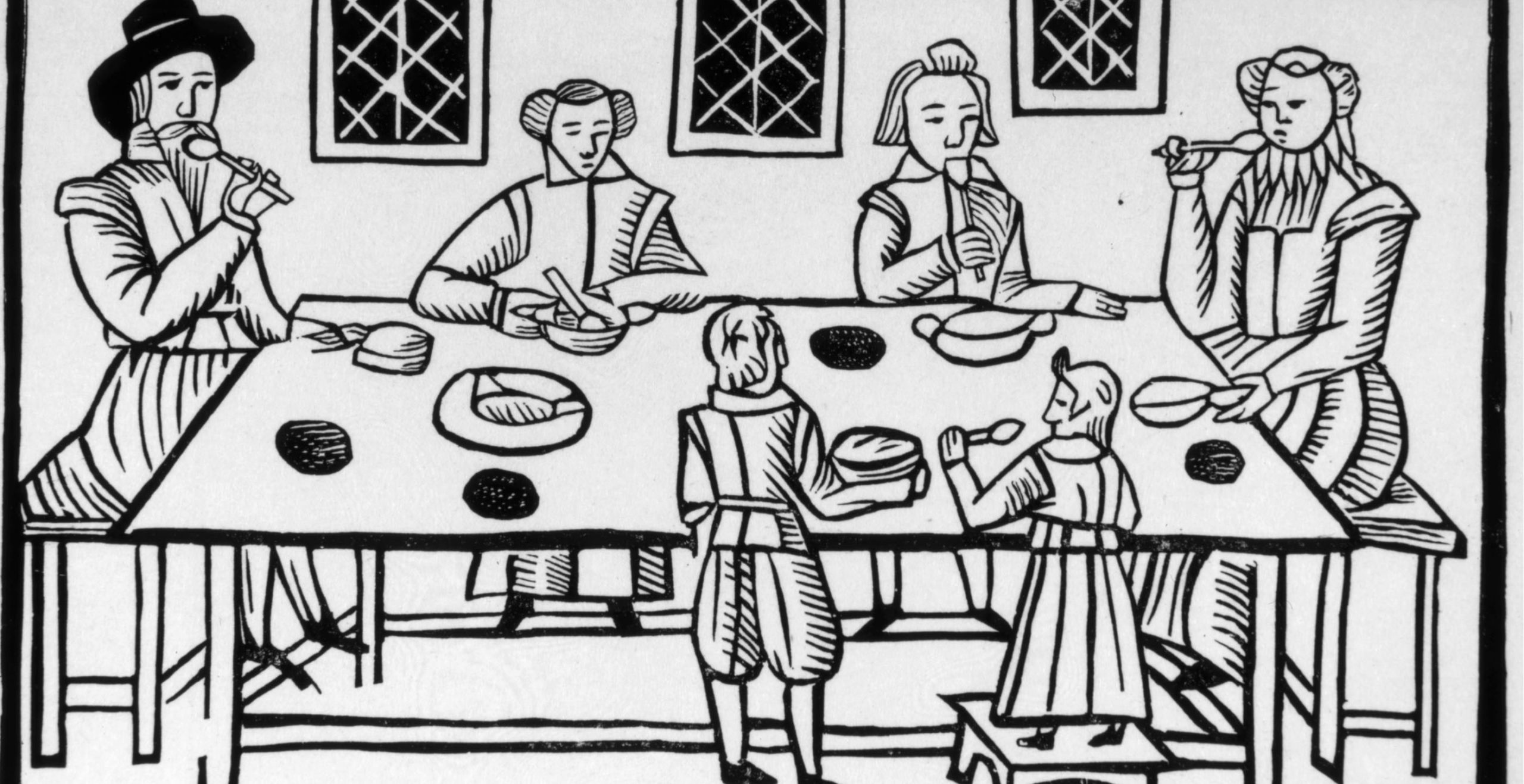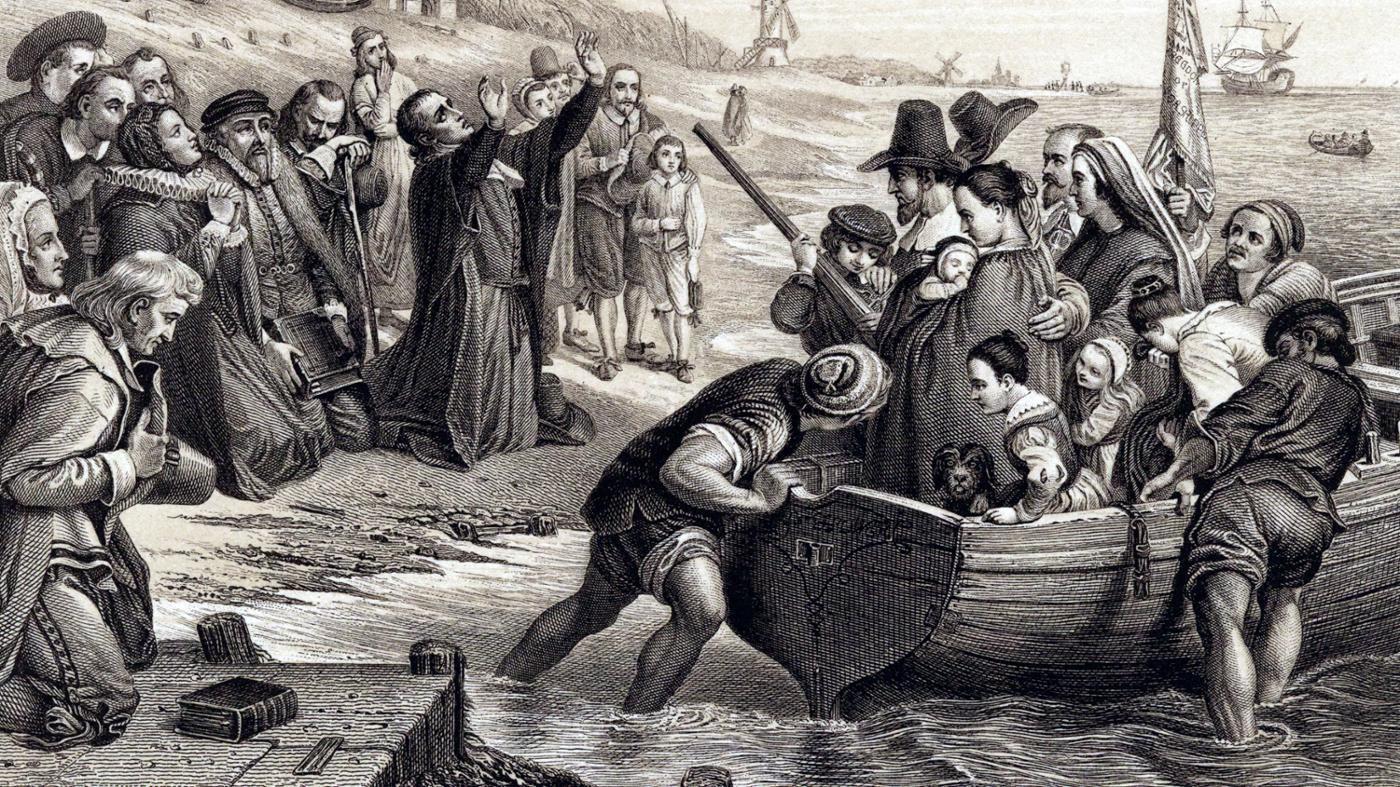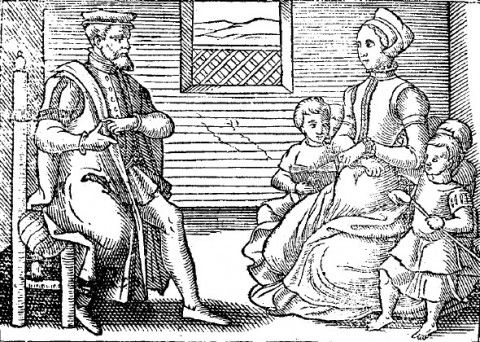The Puritan Republic, also known as the Commonwealth of Massachusetts, was a seventeenth-century English colony located in North America that was founded by a group of Puritans who sought to create a society based on their religious and moral beliefs. The Puritans were a Protestant group that emerged in England during the Elizabethan era and were known for their strict adherence to Calvinist doctrine and their desire to purify the Church of England from Catholic influences.
In the early 1620s, a group of Puritans, led by John Winthrop, set sail for the New World in search of a place where they could freely practice their religion and establish a godly society. They established the colony of Massachusetts Bay in what is now present-day Boston, and the Puritan Republic was born.
The Puritan Republic was a theocracy, meaning that the government and the Church were closely intertwined and the leaders of the colony were also the leaders of the church. The Puritans believed that they had been chosen by God to create a "city upon a hill," a shining example of a righteous and godly society. They established strict codes of conduct and strict penalties for those who did not adhere to them.
The Puritan Republic was highly religious, with church attendance being mandatory and the Bible being the primary source of law and guidance. The Puritans believed in predestination, the idea that God had already determined who would be saved and who would be damned, and they placed great emphasis on living a godly life in order to ensure that they were among the elect.
Despite their strict moral code, the Puritans were also a progressive group in many ways. They believed in the importance of education and established the first public school in the colonies, the Boston Latin School. They also believed in the importance of hard work and the value of individual initiative, and this belief helped to shape the Protestant work ethic that is still evident in American culture today.
The Puritan Republic was not without its controversies and challenges. The Puritans' strict moral code led to conflicts with other groups, such as the Quakers, who did not adhere to the same beliefs. Additionally, the Puritan Republic was not immune to the same conflicts and power struggles that plagued other colonial societies.
Despite these challenges, the Puritan Republic played a significant role in the development of the United States. The values and beliefs of the Puritans, such as their emphasis on education, hard work, and individual initiative, have had a lasting impact on American culture and society. The legacy of the Puritan Republic can still be seen today in the United States' commitment to religious freedom and the importance of education in shaping the nation's future.
